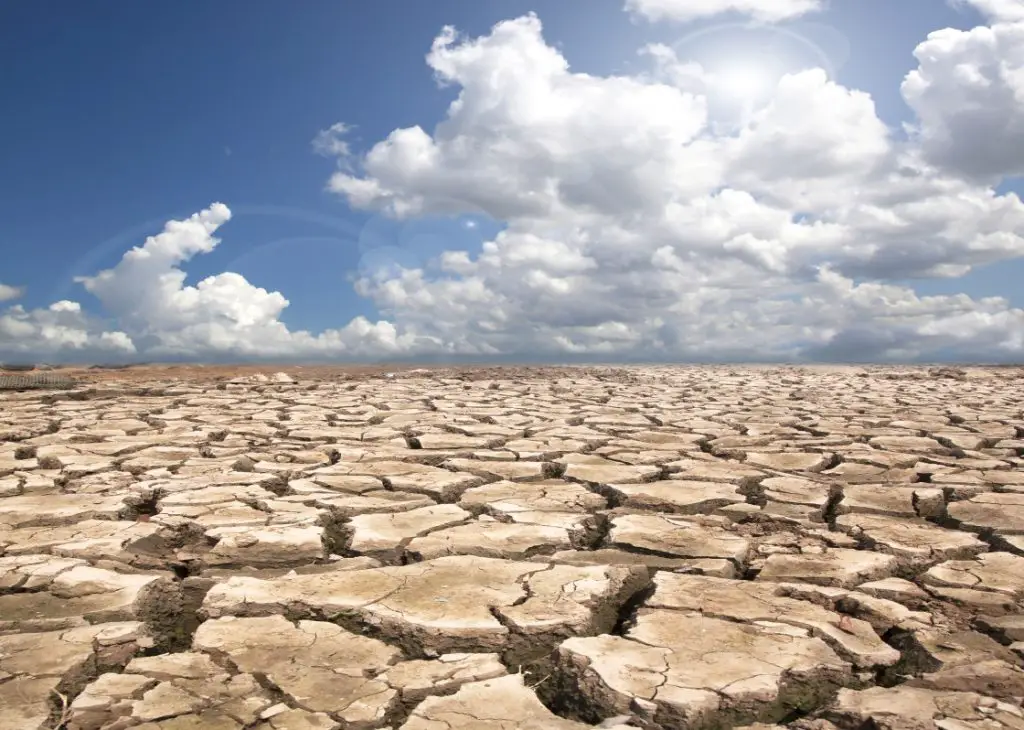- Africa’s new dawn: the rising role of digital and AI in agriculture
- Can Dangote Refinery Transform Africa Energy Ambition
- Gallup Survey: 80 per cent of Kenyan Workers Are Disengaged and Seek New Opportunities
- Madagascar Man Freed from 5KG Tumor After 15-Year Struggle
- How women in Africa are perceived and treated
- Sugar consumption in Kenya to Increase to 1.23 Million Tonnes
- Can Somalia and Turkey Oil deal Bring Change in Somaliland
- Remittances to Kenya dropped to $371.6 million in June, marking a six month low
Browsing: climate change mitigation
- Africa stands to lose up to $25 billion annually due to the direct impact of the EU Carbon Border Tax Adjustment Mechanism.
- With Africa’s energy deficit and reliance mainly on fossil fuels, especially diesel, the implication is that Africa will be forced to export raw commodities again into Europe.
- New carbon tax could severely impede Africa’s progress by penalizing value-added exports in industries such as steel, cement, iron, aluminum, and fertilizers.
In a stark warning, African Development Bank (AfDB) Group President, Dr Akinwumi Adesina, has raised concerns about the potential ramifications of the new EU carbon border tax on Africa’s trade and industrialization efforts.
Dr Adesina says that this tax could severely impede Africa’s progress by penalizing value-added exports, specifically targeting crucial industries such as steel, cement, iron, aluminum, and fertilizers.
The imposition of carbon tax would have a profound impact on the continent’s ability to compete in the global …
- Energy poverty remains one of the biggest body blows slowing growth in many regions in Africa.
- About 650 million people in Africa lack access to electricity, hindering economic growth and human development while worsening the quality of life.
- Experts agree that nuclear energy’s ability to operate efficiently for decades can be a game-changer in plugging the continent’s energy needs.
Energy poverty remains one of the biggest body blows slowing growth in many economies in Africa. Across Africa, energy poverty, which is manifest in over 650 million people lacking access to electricity, is hindering economic growth. This challenge further slows human development besides worsening the overall quality of life.
It is against this backdrop that experts at the African Energy Week in Cape Town delved into a discussion exploring how countries can tap nuclear power to meet Africa’s energy demands and put an end to energy poverty.
Nuclear power can
…Policymakers must advocate for pooling resources to support the most affected, particularly in Africa. They can financially support and share land restoration and climate adaptation technologies. Collaborations to expand inclusion that can attain a new paradigm in climate change mitigation.
The leaders of the major polluting nations and donor countries, as well as the leaders of African nations—must commit to implementing policies, allocating resources, and taking the necessary actions to address the deteriorating climate situations globally.…
e-GUIDE, which has effectively utilised AI to forecast the amount of electricity used in Africa and evaluate the amount of energy put to productive use in the continent’s agricultural sector, will now be able to collaborate with Atlas AI on this endeavour.
Atlas AI, Founded in 2018 by The Rockefeller Foundation and a team of professors from Stanford University. Collects data from various planetary sensors and combines that information with deep learning AI technologies to track changes in the economic and societal well-being of the entire world.
Atlas AI possesses a wealth of experience in constructing hyperlocal socioeconomic datasets, predictive analytics models, and software platforms to assist in making complex policy and investment decisions.…
Mapping “Adaptech”: introducing a multi-dimensional map of over 70 digital technologies for climate adaptation
Climate change adaptation has been a significantly underfunded area in low-income countries. At the United Nations Climate Summit in Copenhagen 2009, high-income countries made a pledge to provide US$100 billion per year to low-income countries to help them adapt to climate change and mitigate further rises in temperature. To date this amount of investment has not yet been reached in a single year. Among the investments that have been made, less than 30% have been applied to climate change adaptation with the majority of investments applied to climate change mitigation.
Climate change adaptation helps countries and their citizens to prevent catastrophic effects on lives and property from droughts, floods, cyclones, storms; sea-level rise, increased salination, as well as temperature fluctuations. Investments in climate change adaptation are not some theoretical forward-thinking issue, but can directly save lives …









